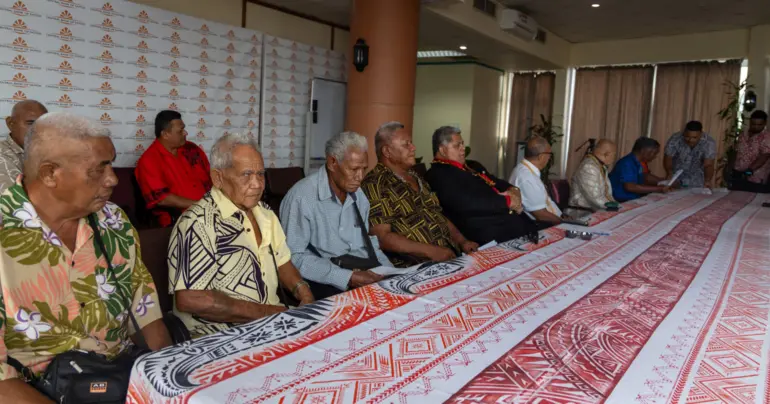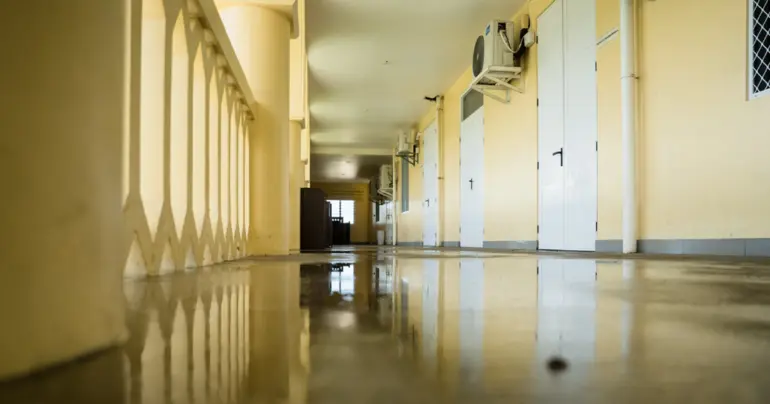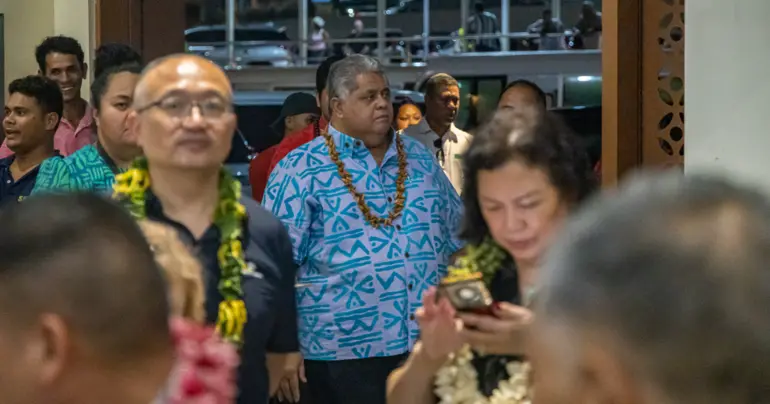Culture shows value in crisis
 By The Editorial Board
•
03 April 2020, 11:40PM
By The Editorial Board
•
03 April 2020, 11:40PM
The global spread of the coronavirus and the varying intensity with which it peaks in some countries but not others is bringing attention to the role culture plays in successfully managing its spread.
As the Government orders four more weeks of state of emergency measures and sealing ourselves off from the world, we are reminded of recent glimpses of the different ways Samoan culture has responded to directions from authority.
Ccoronavirus threatens massive upheaval; but if it were to reach our shores, the Samoan way of life would pose both advantages and disadvantages in limiting its spread.
At its simplest level, the structure of most Samoans' closely configured living arrangements appear to make us more vulnerable to the passing on of infection than other cultures.
Combined with the inherent cultural value placed on closeness, these factors make Samoan culture seem totally anathema to two buzzwords that have guided the international response to the pandemic: “social distancing”.
Similarly the different sources of authority in Samoa also seem to pose a challenge to the enforcement of top-down orders from Government which have formed the basis of every other country’s response.
The Archdiocese of Samoa’s holding of four Sunday services last month after state of emergency orders were declared is a classic example of how tensions can emerge between different centres of power.
Some analysts studying the spread of the pandemic have conjectured that its relatively successful containment in east and southeast Asia owes to Confucian or other cultural values that place an emphasis on placing society above one’s self.
Taiwan, South Korea and Singapore have all had exemplary responses to the crisis; their citizens have obeyed Government-imposed lock down orders perfectly.
We should always be wary of cultural generalisations.
But it must be noted that atomised societies where individualism reigns appear to have had the most difficulty in containing the virus’ spread.
America now finds itself a world leader in coronavirus cases at some 240,000. That owes something, no doubt, to President Trump’s early and strangely blase response to the pandemic.
But scenes of people cavorting across Australia’s Bondi Beach days after social isolation measures were passed were a stark example of the risks of rampant individualism.
Similarly ugly scenes involving the hoarding of goods at supermarkets were another reminder.
And so while its closeness and sense of community is perhaps Samoa’s biggest risk factor should the coronavirus reach our shores, it is also our greatest asset.
Recent incidents have shown that the Samoan reflex to bind together in times of crisis have been shining examples.
The communal response to the daring escape of 36 criminals in what was perhaps our biggest ever prison outbreak last month is one.
That all the escapees were recaptured within four days was a feat as extraordinary as the breakout itself.
“We want to thank the members of the community, the aumaga (untitled men), and village councils that assisted the Police that were working around the clock to capture the prisoners," the Commissioner of Police, Fuiavaili'ili Egon Keil said at a press conference announcing the successful recapture.
The Commissioner’s words were more than just platitudes.
The village and matai system played an essential role in making sure that those who broke free were recaptured.
In Savaia more than 30 untitled men were stationed around the village as a measure to assist with the recapture.
Stories such as these are far from isolated; across the breadth of Upolu a communal response to a national crisis clicked into action like a reflex.
Villages such as Aleisa and Fasito'o Uta were instrumental in bringing in escaped prisoners.
And the story of Reverend Pio Filipo Paiti, feeding and convincing the final four prisoners on the run to turn themselves in is an illustration of how churches, the other pillar of Samoan society, also rose to the occasion.
It seems inevitable that whether or not an infected case of the coronavirus arrives on our shores that we will be struck by an economic shockwave the likes of which we have not seen for generations.
But should the need arise for social distancing to be implemented in the event of an outbreak, the very same closeness that puts Samoa at risk of disease transmission will certainly play a role in ensuring isolation orders are obeyed where in other countries they have been ignored.
Some villages in Savai'i have even been carrying out inspections to make sure that families are practising proper hygiene.
Even in the event that only the economic aspects of the pandemic hit Samoa, preparations are also being made in some villages where untitled men have taken to working the land to ensure food supply.
The speed with which the country became vaccinated against measles was another excellent example of how, when united, this nation can achieve incredible feats.
The Government, as it prepares its longer-term response to the coronavirus should do as much as it can to leverage this cultural resilience.
So much about the coronavirus is unknown and the situation is developing rapidly. Coordination between the Health Ministry and village councils and churches will be essential to ensuring that approaches are consistent.
Working with village councils and churches will be much more effective than delivering edicts via television or Facebook.
The nature of Samoan culture and the competing sources of authority can often make things messy.
But it is in times of and crisis we can appreciate the awesome power of the Samoan way of living.
 By The Editorial Board
•
03 April 2020, 11:40PM
By The Editorial Board
•
03 April 2020, 11:40PM











